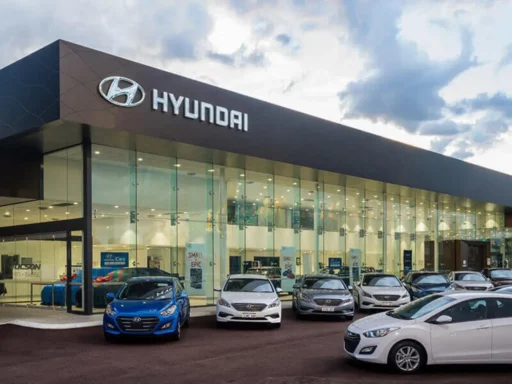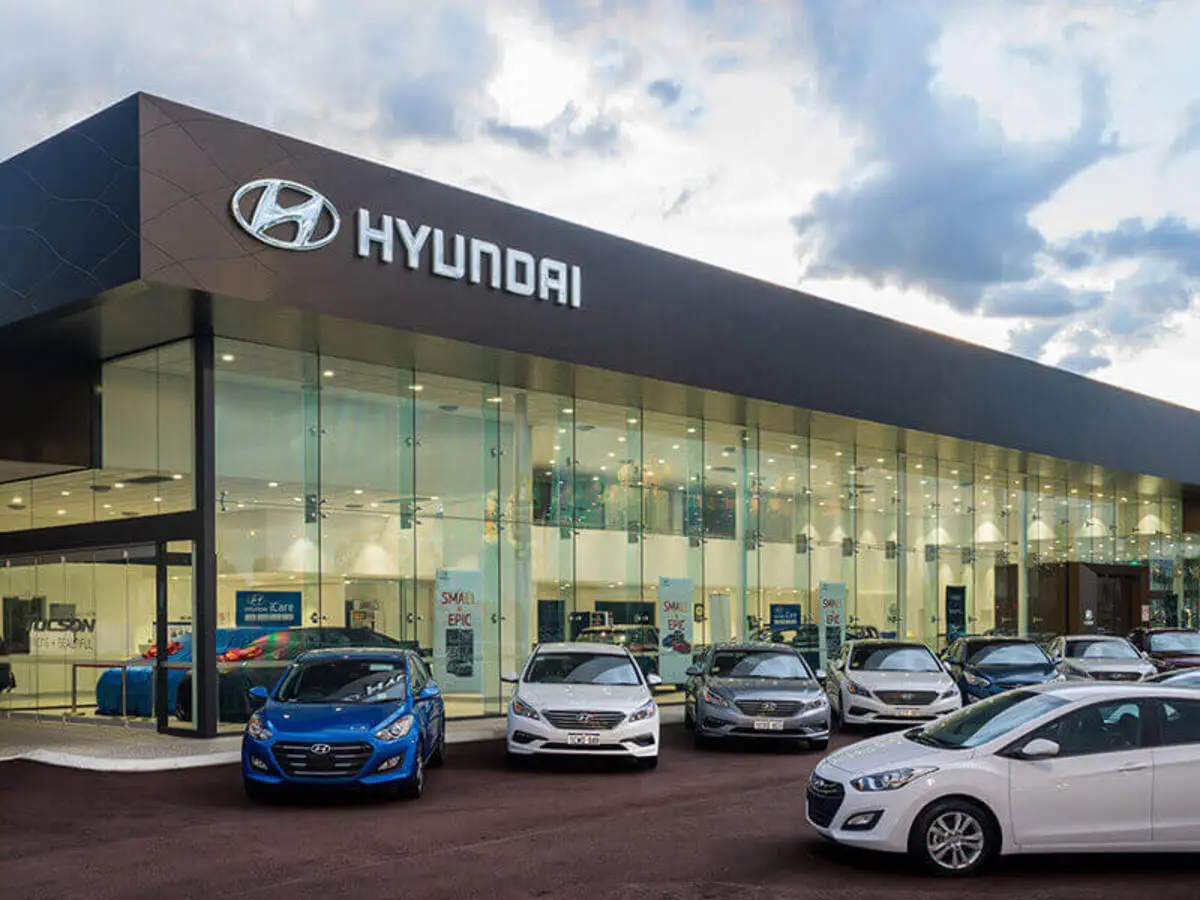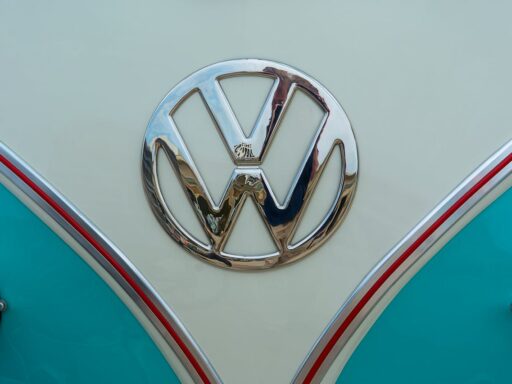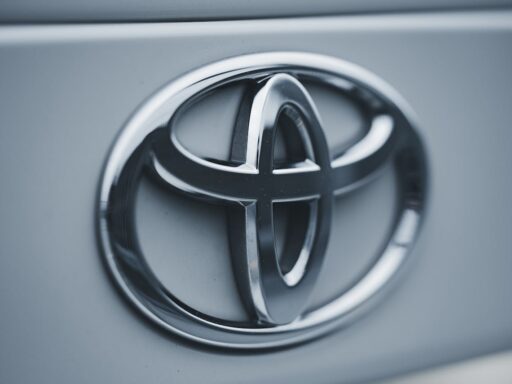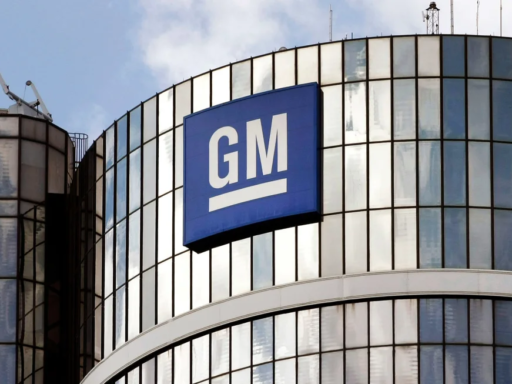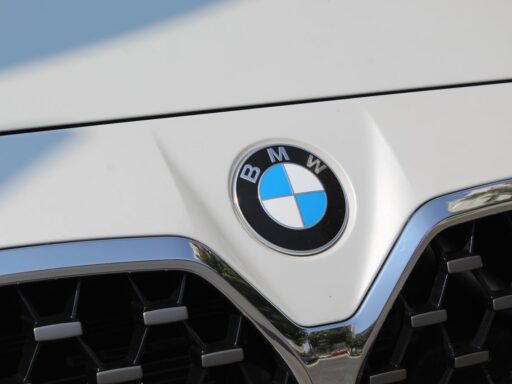As a global leader in the automotive industry, Hyundai Motor Company has been making significant strides toward sustainability by integrating carbon neutrality, circular economy principles, and AI-driven supply chain optimization into its business model. The company’s 2023 Sustainability Report outlines its ambitious goal of achieving net-zero emissions by 2045, setting it apart from many competitors. By aligning with the Science-Based Targets initiative (SBTi) and the United Nations Sustainable Development Goals (SDGs), Hyundai ensures that its sustainability efforts meet international standards for responsible manufacturing and energy efficiency.
Central to its strategy is a multi-faceted approach that includes expanding electric vehicle (EV) production, implementing waste reduction initiatives, and transitioning its global operations to 100% renewable energy by 2035. The company is also leveraging AI-powered logistics to optimize material use and minimize waste, reinforcing its commitment to both environmental sustainability and operational efficiency.
Sustainability Strategy and Goals
Net Zero and Carbon Emissions
Reducing carbon emissions remains a top priority, with Hyundai setting targets to cut Scope 1 and 2 emissions by 75% by 2040 and Scope 3 emissions (supply chain and vehicle lifecycle) by 50% by 2045. Investments in battery electric vehicles (BEVs) have accelerated, with $18 billion committed to EV development by 2030, ensuring a strong transition away from internal combustion engines.
Furthering its impact, Hyundai is a major player in hydrogen fuel cell technology, developing zero-emission fuel cell trucks and passenger vehicles like the Hyundai NEXO. This diversified strategy allows the company to explore multiple pathways to decarbonization, catering to both consumer and commercial transport needs. In 2023 alone, its EV sales helped avoid over 50 million metric tons of CO₂ emissions worldwide, highlighting the tangible impact of its sustainability initiatives.
Circular Economy and Sustainable Manufacturing
The shift towards a circular economy is evident in Hyundai’s commitment to recycling and waste reduction. A closed-loop battery recycling system ensures that 95% of valuable materials such as lithium, cobalt, and nickel are recovered and reintegrated into new battery production. Additionally, the company has increased its use of recycled plastics from retired vehicles, reducing dependency on virgin materials and promoting resource efficiency.
Eco-friendly materials have become a significant part of vehicle interiors, incorporating biodegradable plastics, natural fibers, and bio-based leather. These innovations are complemented by near zero-waste manufacturing plants in South Korea and the Czech Republic, where extensive recycling programs and efficient waste management strategies are in place.
Water Stewardship and Biodiversity Protection
A focus on water conservation has led to the implementation of closed-loop water systems, reducing water consumption per vehicle by 40% since 2015. These efforts are particularly crucial for Hyundai’s facilities in water-stressed regions such as India, where sustainability measures help mitigate local environmental risks.
Beyond its operations, Hyundai actively supports biodiversity initiatives, including investments in mangrove reforestation. These projects not only enhance carbon sequestration but also contribute to habitat restoration and the protection of endangered ecosystems. The company is also committed to deforestation-free supply chains, ensuring that raw materials used in manufacturing do not contribute to global deforestation.
AI and Technology for Sustainable Operations
Advanced technology plays a vital role in improving sustainability performance. Hyundai employs AI-powered logistics and predictive analytics to optimize just-in-time production, minimizing waste and enhancing supply chain efficiency. AI-driven energy management has already reduced overall energy consumption by 18% since 2020, supporting the company’s broader goal of carbon neutrality.
Additionally, blockchain technology is used to ensure ethical sourcing of raw materials, particularly in lithium, nickel, and cobalt mining. This transparency helps Hyundai address concerns over human rights and environmental impact within its supply chain while enhancing consumer trust.
Key Sustainability Innovations and Technologies
Renewable Energy Transition
A full transition to 100% renewable energy by 2035 is underway, with 15% of Hyundai’s global energy consumption already coming from renewable sources. The Ulsan plant, one of the world’s largest vehicle manufacturing facilities, has installed solar panels covering 110,000 m², generating over 27 GWh of clean electricity annually. This initiative is part of a broader effort to reduce reliance on fossil fuels across all operations.
Hydrogen and EV Development
A strong commitment to hydrogen technology complements Hyundai’s EV strategy. The Hyundai NEXO, with a range of over 600 km per hydrogen tank, is a testament to its advancements in zero-emission vehicles. Through HTWO, its dedicated hydrogen division, the company is investing $7.4 billion in hydrogen fuel cell research and infrastructure, positioning itself as a leader in alternative fuel solutions.
By balancing both EV and hydrogen vehicle development, Hyundai provides multiple options for consumers and businesses looking to transition to sustainable mobility. This flexibility is a key differentiator from competitors that focus solely on battery-electric technology.
Measurable Impact and Industry Comparisons
CO₂ Emission Reductions
- 50 million metric tons of CO₂ avoided globally through Hyundai’s EV sales.
- 75% reduction in Scope 1 and 2 emissions targeted by 2040.
Battery Recycling and Resource Efficiency
- 95% of battery materials recovered through closed-loop recycling.
- 60% of Hyundai’s new vehicles use upcycled materials.
Renewable Energy Adoption
- 15% of Hyundai’s energy consumption from renewables, with a target of 100% by 2035.
- 27 GWh of solar power generated annually at Hyundai’s Ulsan facility.
Challenges and Areas for Improvement
Despite its leadership in sustainability, Hyundai faces challenges such as dependency on carbon offsets for achieving net-zero targets. While offsets provide short-term benefits, achieving full decarbonization will require deeper integration of renewable energy sources in its operations.
Another key challenge lies in ethical and environmental concerns surrounding lithium, nickel, and cobalt mining. While Hyundai has implemented blockchain-based tracking to ensure responsible sourcing, further industry collaboration is needed to minimize environmental damage and improve labor conditions in raw material extraction.
Navigating regulatory uncertainty in global EV markets also presents hurdles, with varying policies and incentives affecting the speed of adoption in different regions. To overcome these challenges, Hyundai must strengthen partnerships with governments and industry stakeholders to advocate for uniform sustainability policies.
Comparisons to Industry Competitors
Hyundai’s sustainability efforts position it as a leader in the automotive industry, particularly in EV and hydrogen innovations. However, compared to Volkswagen, Tesla, and Toyota, Hyundai has unique strengths and areas for improvement.
| Company | Net Zero Target | Renewable Energy Use | Battery Recycling Efficiency | EV/Hydrogen Investment |
|---|---|---|---|---|
| Hyundai | 2045 | 15% (Target: 100% by 2035) | 95% recovery | $18B (EV) + $7.4B (Hydrogen) |
| Tesla | 2030 | 100% at Gigafactories | 92% recovery | $20B EV-only |
| Volkswagen | 2050 | 20% (Target: 100% by 2040) | 90% recovery | $86B EV transition |
| Toyota | 2050 | 10% (Target: 100% by 2040) | 85% recovery | $35B EV + Hybrid |
Hyundai excels in hydrogen R&D and circular battery recycling, but it lags behind Tesla in renewable energy integration.
Future Roadmap
The next decade will be critical for Hyundai’s sustainability ambitions. A clear roadmap has been set, including:
- Achieving 100% renewable energy across all operations by 2035.
- Scaling battery recycling infrastructure to recover 99% of materials by 2030.
- Expanding hydrogen production to support heavy-duty transport applications.
- Reducing total water consumption by 50% by 2040.
As the company accelerates its transition towards a fully sustainable business model, maintaining transparency in emissions reporting, ethical supply chain management, and continued innovation will be essential. Compared to competitors like Tesla, Volkswagen, and Toyota, Hyundai’s strategy stands out for its balanced approach between EVs and hydrogen fuel cell technology, as well as its focus on circular economy practices.
While challenges remain, Hyundai has laid a strong foundation for long-term sustainability, demonstrating that automotive innovation and environmental responsibility can go hand in hand. Continued investment in green technologies, AI-driven efficiencies, and renewable energy integration will ensure that the company remains a leader in sustainable mobility for years to come.

